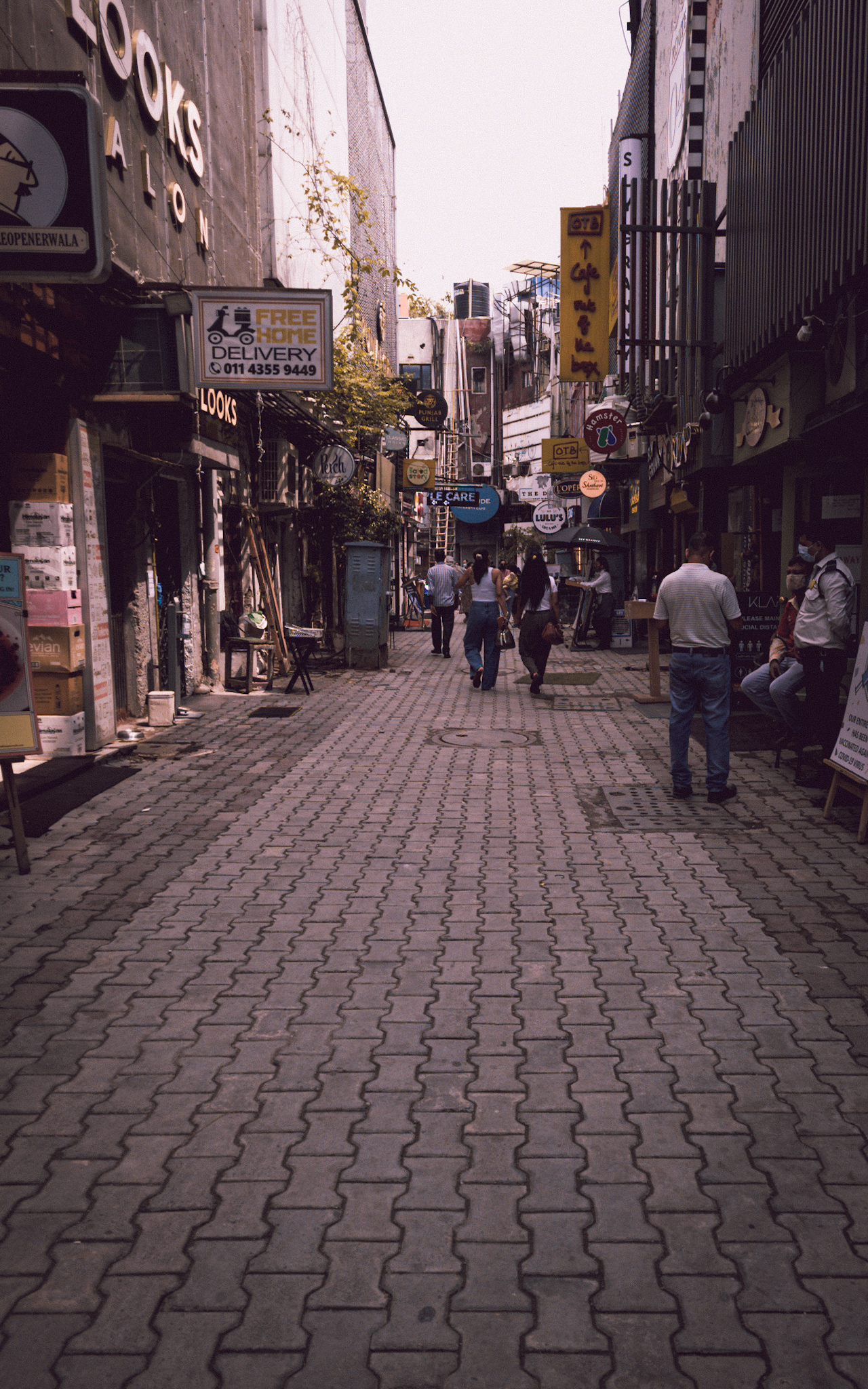This is a piece purely based off my own experiences and in no way is meant to serve as a generalization
Today we celebrated the Hindu festival of Raksha Bandhan. A festival that traditionally symbolizes the bond between brothers and sisters, serving as a timeless reminder of something beautiful. Or, perhaps, serving to reinforce gender stereotypes during an age in which such norms are being shattered on the daily.
But that’s a discussion for another day.
Ever since I was in middle school I’ve had this niggling question tucked away into a shadowy recess in my mind, a question that revolves around how the origins of the traditions and festivities we now take as gospel are taught to inquisitive minds.
As a kid we’d always been led to believe that stories are supposed to have morals, in varying degrees. Stories were used as a medium to diffuse into us kids the virtues that are supposed to be present in a good person, virtues like generosity, modesty, honesty and a whole lot else that is in scare supply these days.
They were present everywhere, from music, to movies, to books, to the spoken word. They were effective like nothing else in enrapturing children, nudging them on the way to become the adults their loved ones wished them to be.
The origins of festivals like Diwali, the festival of light, or Holi, the festival of colours were passed on to younger minds in much the same way myths and legends were spread earlier. Word of mouth.
Here’s the thing though about word of mouth: it serves as an especially intimate method of spreading knowledge, especially amongst loved ones. Kids, upon hearing something from someone they look up to, are bound to believe in that with a nigh unshakeable faith.
This is also how kids grow up with differing knowledge regarding a common topic, tradtions in this case. Knowledge spread by word of mouth is susceptible to variation, after all.
This is why the written word proved so powerful. Intangible, transmissible.

Recently though I’ve begun to notice that the origins of traditions aren’t really being passed around the way they used to. Instead of the whys of certain things we’re constantly being told the hows.
Why we do things isn’t being readily taught to us. You can come at me with the argument that if I truly cared about traditions I’d find out on my own. But then, if I’m undertaking effort on my own time to figure something out, it isn’t really tradition, is it? It’s research.
Hear me out for a second.
The advent of technology, leading to incredibly fast deliveries of services and products to our doorsteps, combined with that same technology exacerbating our need to show that we’ve got it good in life has led to us losing sight of why we do things the way we do things. Diwali isn’t a festival symbolizing the victory of good over evil anymore, it’s about who has the loudest crackers, pollution be damned. I’ve heard this argument so often when people have asked me why I don’t burst crackers. They’re perfectly aware of the pollution, but hey, tradition, right? Holi has been reduced to who’s got the swankiest water pistols or the poshest gatherings. Christmas has been reduced to giving your kid surprise presents on Boxing Day, doesn’t matter what list their names are on.
Traditions that earlier used to be performed with a certain inherent purity have been reduced to banal caricatures of their worst traits.
Stories are an integral part of why humanity has managed to conquer the planet, why we are able to do things no other species can come close to. They’re what unite us and lead us to perform feats only imaginable in the eyes of our ancestors.
If these stories are flawed, what’s to become of a society glued by these very same stories?
